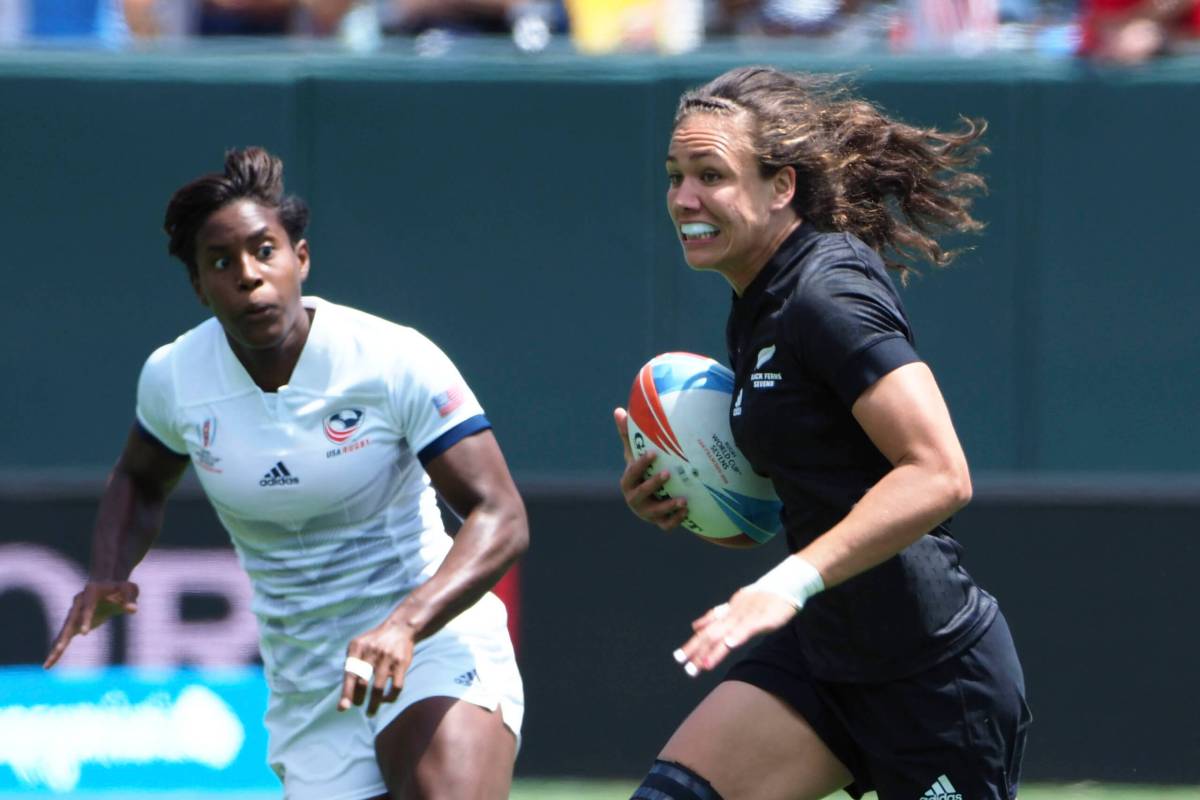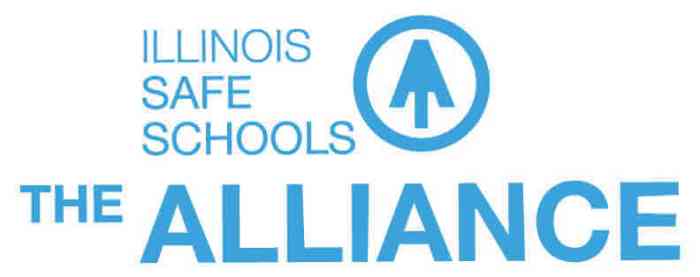The growing effort to impose discriminatory bans on transgender athletes in women’s sports is intensifying around the world — and rugby players are next on the chopping block.
World Rugby, which also organizes the Rugby World Cup every four years, banned transgender women on October 9, marking the first time an international sports governing body issued such a ban on global competitions.
The move comes at a time when the issue has become a flashpoint in the United States, where the federal government and some states, working with the anti-LGBTQ Alliance Defending Freedom, have led the way in attempts to aggressively push transgender student-athletes off the playing field by arguing that their participation violates Title IX, a 1972 federal statue aimed at preventing sex discrimination in government-funded schools.
Global crusade against transgender athletes reaches new heights
But on an international level, where the focus is primarily on professional sports and global competition, governing bodies appear to be setting the tone in policing women’s bodies, whether the women are transgender or not — most notably in the case of Olympic Gold Medal track star Caster Semenya. World Athletics issued testosterone rules requiring women athletes with naturally high levels of testosterone to reduce their testosterone levels in order to compete in certain competitions, and now World Rugby is bypassing any such testosterone requirements and banning transgender women from women’s rugby altogether.
World Rugby claimed to have undergone a comprehensive review process under which the governing body brought together medical, research, and rugby experts for a workshop “with the objective of understanding the medical, physiological, psychological, risk socio-ethical, and sporting environment,” according to World Rugby’s written statement.
World Rugby asserted that the review process “set out to understand whether it was possible to balance inclusivity with safety and fairness in light of growing evidence that the testosterone suppression required by previous transgender regulations does not significantly impact muscle mass, strength, or power.”
World Rugby concluded that “safety and fairness cannot presently be assured for women competing against trans women in contact rugby,” though it’s difficult to imagine safety ever being assured for an individual playing a contact sport — regardless of gender identity.
World Rugby did not offer a compelling scientific basis justifying the ban. The governing body presented a very brief fact sheet summarizing what they described as “transgender biology and performance research,” which contained some statistics that purportedly showed only minimal differences between the bodies of cisgender men and transgender women who have reduced testosterone levels.
Transgender men will still be allowed to pariticpate in men’s contact rugby, World Rugby said, clearly demonstrating that the governing body does not view transgender men as a threat to men’s sports nor did it take into consideration the safety concerns it pointed to in the case of trans women athletes.
There was no mention of whether non-binary individuals will be allowed to play.
World Rugby clarified that the rules apply strictly to international competition, meaning nations are allowed to permit transgender women to participate in competitions held at the domestic level.
The new ban drew criticism across the rugby universe, even before the policy went into place, as folks blasted World Rugby for relying on flimsy science and resorting to a discriminatory policy. In July, The Guardian reported on a leaked document from World Rugby hinting at the looming ban on trans athletes, citing, “safety concerns.” Tens of thousands of individuals subsequently responded in petitions and letters.
A change.org petition led by Grace McKenzie, an out trans rugby player who is firmly against the ban, has yielded more than 18,000 signatures. McKenzie stated that World Rugby turned to two transphobic scientists who carried out questionable research, and she further pointed to testimony from Dr. Joshua Safer, the executive director of the Mount Sinai Center for Transgender Medicine and Surgery, when he testified under oath in a legal case involving a trans sports ban in Idaho schools earlier this year.
“After a transgender woman lowers her level of testosterone, there is no inherent reason why her physiological characteristics related to athletic performance should be treated differently from the physiological characteristics of a non-transgender woman,” Safer stated.
Meanwhile, more than 100 international players across nearly a dozen national teams as well as referees joined an open letter against the ban, and more than 80 academics across the sports and public health worlds also penned a letter arguing against the ban, according to Outsports.com.
World Rugby, however, did not entirely rule out the possibility of future changes to the new ban — a development that could give advocates some hope.
“Rugby is a welcoming and inclusive sport and, while this has been a difficult decision to make, it has been taken following comprehensive consultation and engagement and for the right reasons, given the risk of injury,” World Rugby chair Bill Beaumont said in a written statement. “That said, we recognize that the science continues to evolve, and we are committed to regularly reviewing these guidelines, always seeking to be inclusive.”
To sign up for the Gay City News email newsletter, visit gaycitynews.com/newsletter.



































